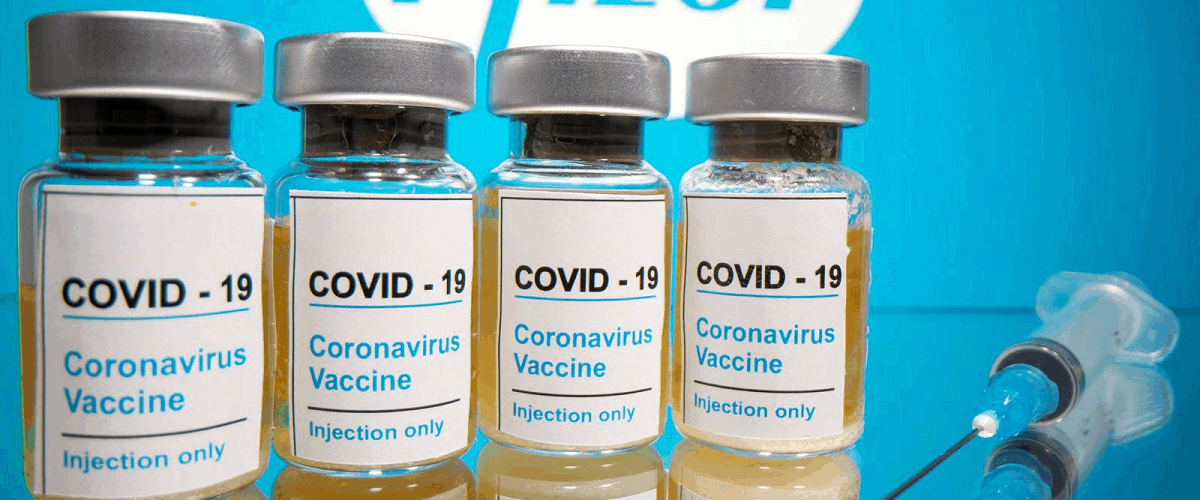We’re reaching what will hopefully be the end of the COVID pandemic as two pharmaceutical companies have managed to develop a vaccine with 95% effectiveness. But it’s still not as simple as it sounds. Here’s what you should know about the current situation.
What Are The Moderna and Pfizer Vaccines?
You likely heard about Pfizer first, since they broke major news earlier. In collaboration with BioNTech, the company announced that they successfully developed a COVID vaccine with a 90% success rate. This would later be changed to 95% effectiveness as additional tests were performed.
So far, the only reported side effects, present in less than 4% of people, were fatigue or headaches following inoculation.
The catch for the Pfizer vaccine is that it needs to be stored and transported at extremely cold temperatures (around -40 degrees) to remain shelf stable. This can lead to complications in regards to getting the vaccine out to the general population.
On the other side is the Moderna vaccine. Announced a week after Pfizer, Moderna claims to have developed a vaccine with 94.5% effectiveness. Their tests proved effective across a wide range of age and racial groups. And while it also needs to be stored cold, it doesn’t need sub zero temperatures like the Pfizer vaccine does. This would make it easier to transport to the public.
Both organizations have currently filed for emergency production and deployment.
How Does It Work?
Both operate the same way. You get the initial vaccine, wait two to three week, return for a booster shot, and wait one more week. By that point, the recipient should be properly inoculated against the COVID virus.
It’s important to make clear that you are not immune immediately after receiving the shot and still need to be careful for the next month and a half afterwards.
When Will the Vaccine be Available? Is It Expensive?
Right now, we don’t know the answer to either questions. The ideal answers would be “very soon” and “free.” But we live in a complicated world (or country, that is). Even after getting through the red tape, the organizations involved may implement overly expensive measures in order to profit from the national emergency. We’ve seen how the cost of insulin remains unaffordable high, after all.
I Don’t Trust Vaccines
Well, to speak frankly, you should. Vaccines are a proven effective method of virtually eliminating disease from a population. But they’re only as effective as the people that accept them. If we want to go back to living normal lives, with stores open and masks off, we need as many people as possible to get vaccinated.
What Should I Do?
Wait and see what happens, for now. Continue to follow proper quarantine practices like avoiding groups, wearing a mask when you go out, hand sanitizer, etc. When the vaccine becomes available, get it if you can afford to.

